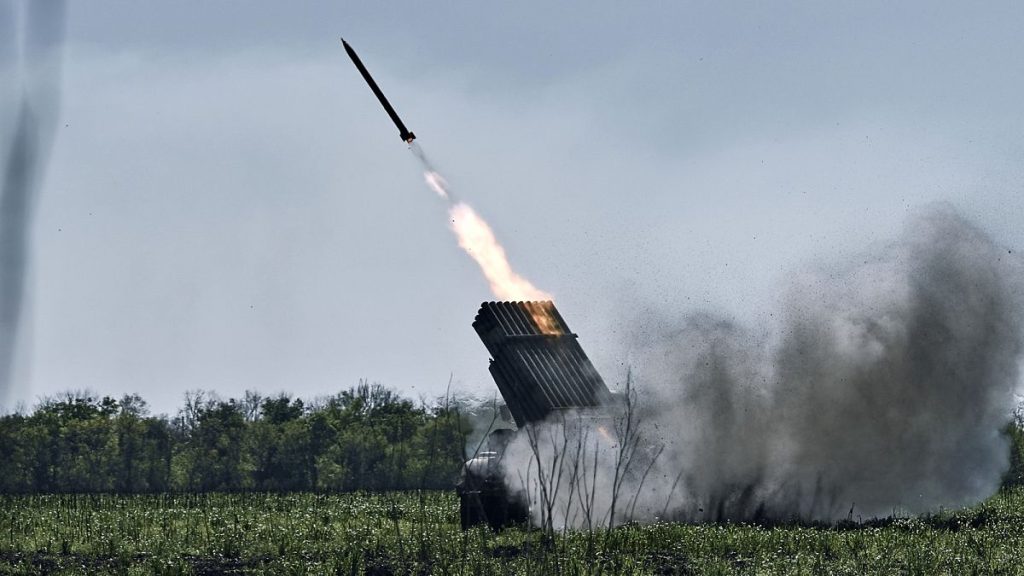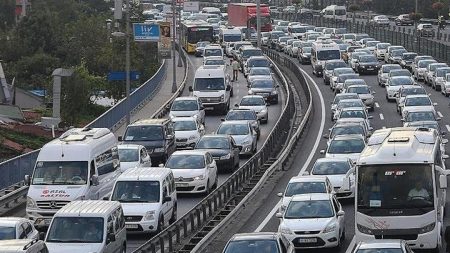European Union countries have reached a deal to provide an additional €5 billion to the European Peace Facility (EPF) to boost military assistance to Ukraine. This funding will come on top of the €6.1 billion already committed since early 2022. The EPF was originally established to provide member states with a way to donate military equipment to Ukraine and partially reimburse the costs. However, the EPF began to lose steam in 2023 as national stocks were depleted, and countries shifted to bilateral donations. The facility was effectively paralyzed in May when Hungary vetoed a new tranche of funding in response to Kyiv’s actions against OTP Bank.
Efforts to reform the EPF and make it more efficient and tailored to Ukraine’s needs were delayed by political considerations. Germany wanted to discount bilateral donations from its expected input, while France, Greece, and Cyprus proposed using the EPF exclusively to purchase EU-made weapons. Meanwhile, on the battlefield, Ukrainian troops faced challenges due to dwindling military supplies from Western allies, particularly the United States. The compromise reached in Brussels provides for priority to be given to EU-made weapons, with the option to use non-EU alternatives if necessary. A portion of the €5 billion will also be used for joint purchases of military equipment, in line with EU strategy goals.
The revamped EPF will allow countries to factor in the value of their bilateral donations when determining their monetary contributions. This aims to address political tensions caused by disparities in military donations, with Germany leading the bloc in contributions followed by Denmark and the Netherlands. In contrast, major countries like Italy, France, and Spain lag behind in their donations. Paris contests the calculation methodology, arguing that its bilateral donations amount to €2.61 billion, still significantly lower than Berlin’s contributions. The Czech Republic has launched its own initiative to procure artillery shells from non-EU producers for delivery to Ukraine, outside of the EPF framework.
The agreement to boost military assistance to Ukraine comes at a critical time as Ukrainian troops faced setbacks on the battlefield, highlighting the urgent need for support. The compromise reached by EU countries includes concessions to ensure the participation of key member states like France and Germany. By reviving collective donations through the EPF, Brussels hopes to address the uneven distribution of military aid to Ukraine. The debate over the reform of the EPF and the allocation of resources has been complicated by differing national interests and priorities among EU member states. The EU’s focus on increasing military assistance to Ukraine reflects its commitment to supporting the country’s defense efforts against Russian aggression.
Overall, the agreement to provide additional funding to the EPF represents a significant step in boosting military assistance to Ukraine. By addressing the challenges faced by the facility and incorporating reforms to make it more efficient and responsive to Ukraine’s needs, the EU aims to strengthen its support for the country in the face of ongoing conflict. The compromise reached by EU countries reflects a commitment to solidarity and cooperation in addressing security challenges in the region, while also acknowledging the need for flexibility in sourcing military equipment. As Ukraine continues to face external threats, the EU’s enhanced support through the EPF demonstrates a shared commitment to upholding peace and security in Europe.















